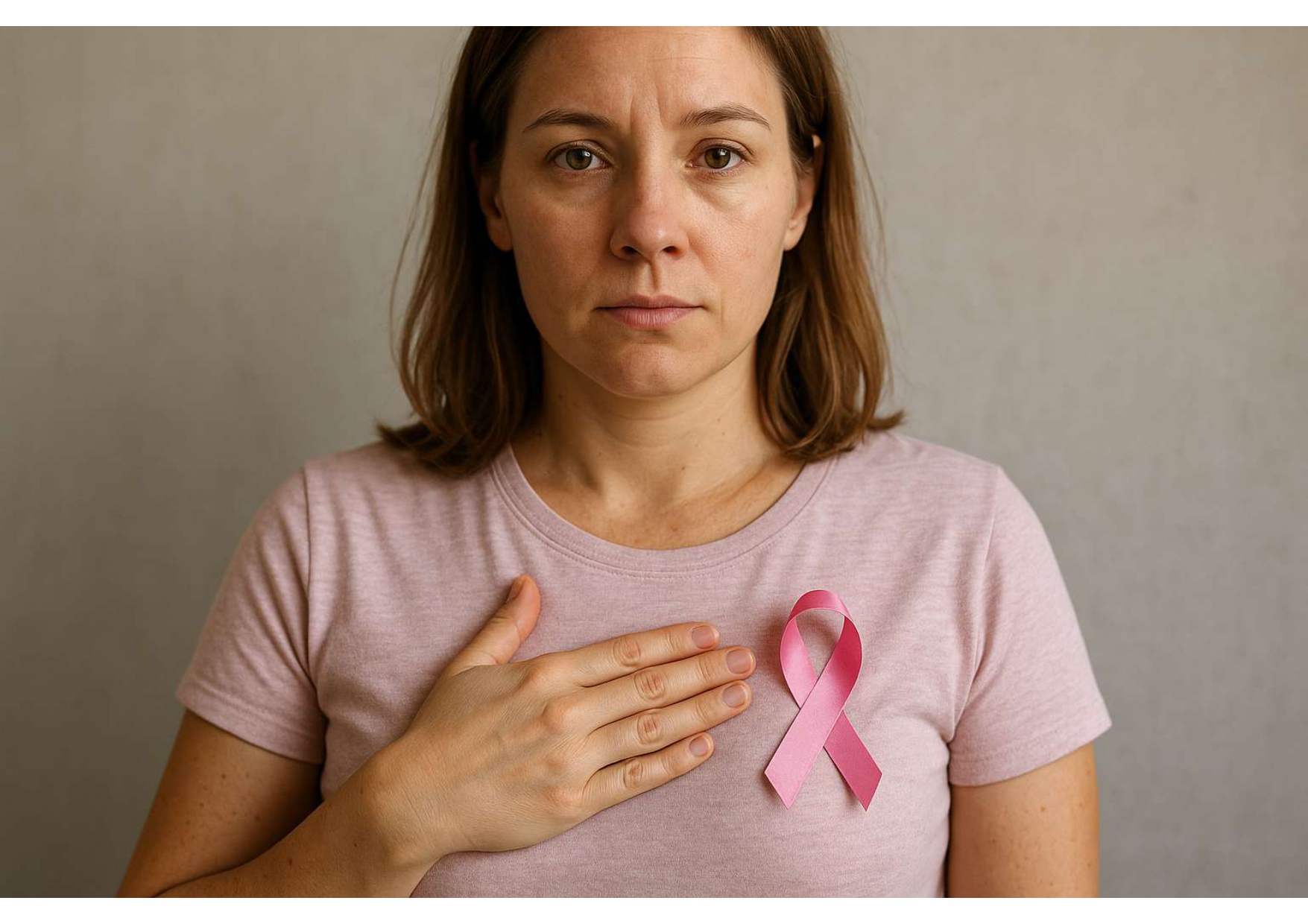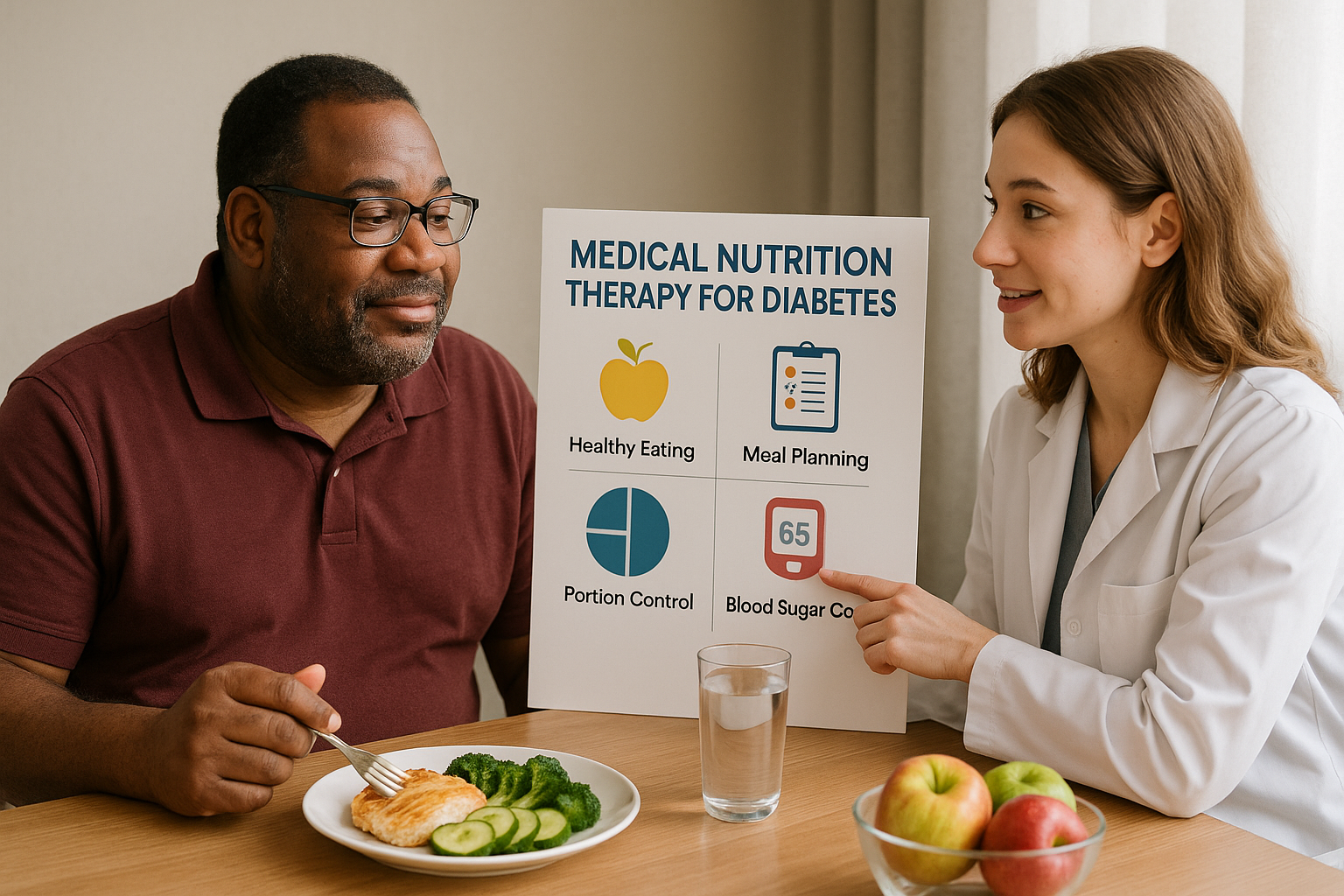Parkinson’s Disease: Symptoms, Causes, Stages, and Natural Tips for Management Overview Parkinson’s disease (PD) is a progressive neurodegenerative disorder primarily affecting movement. Common symptoms include tremors, muscle stiffness, and slowness of movement. Over time, the condition can significantly impact quality of life, but a combination of medical treatments, lifestyle changes, and natural remedies can help manage symptoms and improve well-being.
Causes and Risk Factors of Parkinson’s Disease
While the exact cause remains unknown, researchers have identified several factors that may contribute to the development of Parkinson’s:- Genetics: Rare genetic mutations may increase risk, especially in families with a history of Parkinson’s.
- Environmental Exposure: Toxins such as pesticides and herbicides can elevate the risk of Parkinson’s.
- Age: Incidence increases with age, particularly after age 60.
- Gender: Men are more likely to develop Parkinson’s than women.
- Lewy Bodies: Clumps of proteins in the brain associated with Parkinson’s may disrupt normal function.
Signs and Symptoms of Parkinson’s Disease
Parkinson’s symptoms often develop gradually and may vary among individuals.- Tremor: Often starts in one hand or fingers, becoming more noticeable over time.
- Bradykinesia: Slowness of movement that makes daily tasks challenging.
- Rigid Muscles: Stiffness that limits range of motion and may cause discomfort.
- Postural Instability: Difficulty maintaining balance or a stooped posture.
- Speech and Writing Changes: Softer voice or smaller, cramped handwriting.
Stages of Parkinson’s Disease
Parkinson’s progresses through five stages, reflecting the increasing severity of symptoms:- Stage 1: Mild symptoms with little or no impact on daily activities.
- Stage 2: Symptoms appear on both sides of the body, affecting mobility.
- Stage 3: Balance issues emerge, and movements slow significantly.
- Stage 4: Severe symptoms require assistance with daily activities.
- Stage 5: Advanced symptoms lead to major disability, often requiring full-time care.
Prevention and Management of Parkinson’s Disease
Although Parkinson’s cannot be prevented entirely, adopting a healthy lifestyle may reduce risk and slow disease progression:- Healthy Diet: Incorporate fruits, vegetables, and whole grains to support brain health.
- Exercise: Regular physical activity can improve mobility and maintain brain function.
- Limit Toxin Exposure: Reduce contact with pesticides and industrial chemicals.
- Caffeine: Moderate consumption of coffee or tea may lower risk.
- Vitamin D: Ensuring adequate levels may protect against Parkinson’s-related changes.
Natural Remedies and Herbs for Parkinson’s
Certain plants and natural remedies may support brain health and alleviate symptoms:- Mucuna Pruriens: A natural source of levodopa, beneficial for managing movement symptoms.
- Turmeric: Rich in curcumin, known for its anti-inflammatory and neuroprotective properties.
- Ginkgo Biloba: Supports cognitive function and enhances blood flow to the brain.
- Green Tea: Contains antioxidants that may reduce oxidative stress in brain cells.
Supplements for Parkinson’s Disease
Adding specific supplements to a well-balanced diet can enhance brain function and overall health:- Coenzyme Q10 (CoQ10): Boosts cellular energy and reduces oxidative damage.
- Vitamin D: Supports brain and bone health while potentially reducing disease risk.
- Omega-3 Fatty Acids: Promotes cognitive health and reduces inflammation.
- Vitamin E: Provides antioxidant protection for brain cells.
- B Vitamins: Essential for brain function and the reduction of homocysteine levels.
Lifestyle Tips for Managing Parkinson’s Disease
Adopting these practices can help improve quality of life:- Stay Active: Engage in activities like walking, yoga, or tai chi to maintain mobility.
- Stress Management: Practice mindfulness, meditation, or deep breathing to reduce stress.
- Healthy Sleep Habits: Create a routine to improve sleep quality, often disrupted by Parkinson’s.
- Regular Medical Checkups: Monitor disease progression and adjust treatments as needed.
- Support Networks: Join Parkinson’s support groups to connect with others facing similar challenges.










